Cavalier Senior Living welcomes and encourages any questions you might have. We have listed here the answers to some questions we are asked most often. Please give us a call if you have any other questions or if you would like further explanation of any of these.
What are the visiting hours?
There are no set visiting hours. However, the doors are locked at 8:00 p.m. and unlocked at 6:45 a.m.
What items should I bring to the assisted living?
The resident rooms are unfurnished so we encourage families to bring items that make the room feel comfortable for the resident. In addition to clothing and linens, some items to bring may include: TV, radio, bed, lamps, a favorite chair in good condition, small microwave and small (dorm style) refrigerator for convenience. If you have a question about whether or not an item is permissible, please contact the Administrator.
Are there other sources available besides private pay to cover the cost of assisted living?
Other methods of funding include: VA Benefits for those who qualify and Long-Term Care insurance.
How much does cable TV cost?
Basic and basic extended services are included in the monthly rent. HD or Premium channel arrangements for a cable box can be made through a local provider and the portion of the bill for these services will be sent directly to the Resident.
Under current privacy laws, can I have access to my loved ones health information?
In order to view or communicate with staff about your loved ones health information, you must have written authorization from the resident. The authorization form can be requested from the Administrator. Request for copies of a resident record must be made in writing and a per-page fee will be assessed. Standard record requests have a 5 to 10 day business turnaround time.
How can I make the move easier on my loved one?
In the first couple of days, try to be there to help your loved one set up their room, attend activities with them, and visit with them. Bring items to the room that have been important to them, such as pictures or blankets.
Can I bring a pet to the Senior Living Community?
Pets are allowed and encouraged to visit the Senior Living Community. If the pet is easily excitable, we ask that the adult contain it or keep it on a leash. All visiting pets need to have proper vaccinations, be clean and in good health. Before you bring a pet to the Senior Living Community, we ask that you read through our Pet Policy and follow the guidelines listed. We want to ensure the safety of all visitors, staff and residents at the Senior Living Community.
What role do the volunteers play at the Senior Living Community?
Our volunteers are here to enrich the lives of our residents by building self-esteem, giving companionship, and much more. Volunteers help with things such as entertainment, and parties. But we have a lot of one-to-one activities and small groups, including games, bookmobile, church services, music performance, and more. You name it, if someone wants to try something; we are always open to new ideas. Contact our Administrator if you want to be a Volunteer!
How can I learn about activities that are offered to my loved one?
We give each resident a calendar of events and they are also posted on bulletin boards. Spontaneous or impromptu activities are also offered on occasion that may not be on the boards. Please take time to check us out on Facebook and the web to see what new and exciting things we have to offer! We love to post pictures of our residents participating in activities and events!
Does the Senior Living Community provide transportation for residents?
The community may be capable of providing transportation for residents with prior arrangement and acceptance of the transportation fees outlined in the financial agreement. Proper documentation and release forms must be completed before a resident may be transported. Please coordinate this with the Administrator. Personal and medical appointments are ultimately the responsibility of the resident or sponsor/family.
Could you help me understand “respite care”?
We describe respite care as a short-term, or temporary stay with us. It offers family members or other care-givers the opportunity to travel or take a much-needed break while knowing their loved one is comfortable in a senior assisted living community that specializes in “personal care.” It also provides a non-institutional choice for seniors in need of a place to recover from a hospital stay or surgery. Respite residents stay overnight and enjoy the same amenities and services as the regular residents, while they are with us.
Renting in Retirement
Outsource Housekeeping Chores and Cooking
You don’t have to spend your day cleaning house, washing clothes and cooking meals. As part of the rental agreement, your meals, laundry and housekeeping services are included in the assisted living monthly fee. Three nutritious meals are served daily in a common dining area. Basic amenities also include weekly housekeeping and personal laundry services.
Transportation
What happens when you reach a point when you can no longer drive? Some retirees choose to relocate to an assisted living community which offers scheduled local transportation to medical appointments, shopping and recreational opportunities.
Downsize to a Smaller Place
In retirement, you don’t necessarily need a house with several bedrooms and a big yard. Once your children move out of the house, you don’t need as much space or stuff. In fact, stairs to climb and a yard that needs mowing can become a significant liability as you age. Downsizing to a living space more appropriate for current needs is a smart move.
Security
Assisted living apartments are equipped with an emergency response system. For your peace of mind, and your family’s as well, an on-site resident care team is available 24 hours a day. You simply call for help.
No Home Maintenance
When something breaks, you simply call and put in a maintenance request for repairs. “Something is always in need of repair with older homes and that’s why a lot of seniors want to relocate to an apartment,” says Scott Lawrenson, Vice President of Cavalier Senior Living. “You are shifting the burden of home repairs to one of our maintenance men, who will make sure the job is done. You don’t have to get price estimates or find a person to take care of the repairs.”
Relocate Near Family
Retirement can be an opportunity to move closer to your children and grandchildren. Relocating close to your family has many advantages. If you rent close to your children, you Can visit with them often and eliminate the travel expenses. Plus, you can help each other with childcare and eldercare as needed.
Lower Your Cost of Living
Upon retirement, you no longer need to live in expensive areas near the office or in good school districts. Sometime downsizing and relocating, even a short distance, can result in a significantly lower cost of living.
Socialization
Senior communities offer the added bonus of social programs and a chance to make friends. You can enjoy the privacy of your own individual apartment, dine with other residents, and participate in recreational activities when you want to socialize with others.
Extra Help Available
Personal assistance services are available to seniors who live in senior living communities. Services include personal laundry, health monitoring, modified diets, and assistance with personal hygiene bathing and dressing. Additional charges may apply based on the personal assistance services provided.
Age-Appropriate Features
Retirees may choose an apartment with amenities that will allow them to live independently for as long as possible. Select an apartment with minimum stairs and look for safety features such as handles in the shower, wide hallways with bright lights, convenient laundry facilities and security.
Tap Your Home Equity
You could improve your retirement finances significantly when you sell your home and become a renter. In many cases, it cost less to rent than it does to own. There are no property taxes, there’s no maintenance cost and most utilities are included. For retirees who rent an assisted living apartment, meals are provided and they have personalized assistance service available. All of these amenities are covered in the monthly rent.
More Flexibility
Renting a senior apartment gives you flexibility to relocate without a long-term commitment. “Renting allows you the freedom to choose where you live today as well as in the future,” says Scott Lawrenson, President of Cavalier Senior Living Senior Living Communities. “Our month-to-month rent, without long-term leases, gives you an opportunity to try out assisted living and, in turn, allows us to meet your needs as changes occur.”

